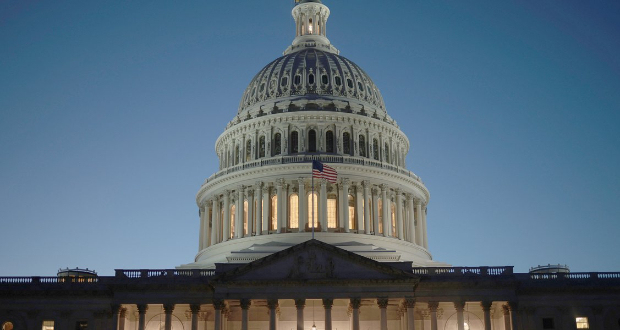Today, the same process might just be occurring in reverse. In a fit of political absentmindedness, the United States stands on the verge of relinquishing a major piece of the geopolitical chessboard that has been the bedrock of U.S. leadership in the Pacific for decades. An obscure agreement that gives the United States a firm foothold in the region awaits congressional funding approval, in the absence of which China will be handed a significant opportunity to weaken U.S. security posture in the Indo-Pacific.
For the last four decades, the United States has been party to agreements known as the Compacts of Free Association (COFA) with the sovereign states of the Republic of Palau, the Republic of the Marshall Islands, and the Federated States of Micronesia. These relationships have provided the United States exclusive military access in exchange for economic assistance and access to certain federal programs and services. These expired in fiscal year (FY) 2023 for two of the countries and will expire at the end of FY 2024 for the third. These agreements, which enjoy broad bipartisan support in Washington, were successfully renegotiated for 20-year extensions in a process started by the Trump administration and concluded by the Biden administration. Yet, as congressional budget battles intensify, COFA continues to pop in and then out again of funding bills. The sum of $360 million per year—less than 0.04 percent of the annual defense budget and 0.006 percent of the federal budget—to fund the agreements are in danger of dropping off the political map—and out of the budget.
The strategic case for funding COFA is clear. These agreements are the foundation of the U.S. historical relationship with the broader Pacific region and allow for unilateral U.S. defense access from the Philippines to Hawaii. Failing to fund COFA would undercut three thriving democracies, critically undermine the U.S. military’s force posture, heighten questions about U.S. reliability, and unnecessarily give Beijing an opening to expand its influence and military access across the Pacific.




